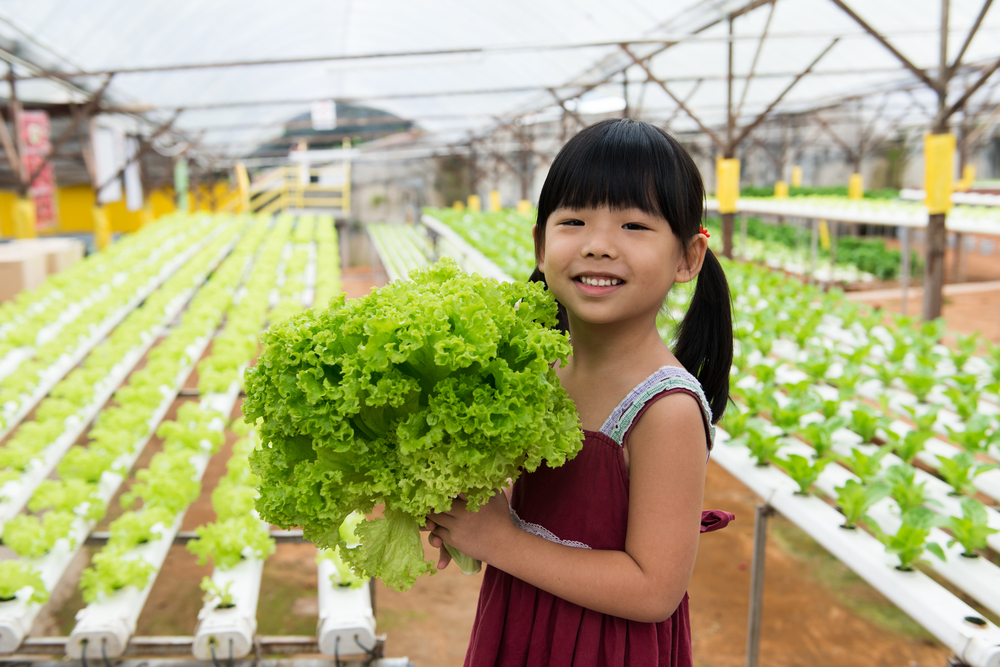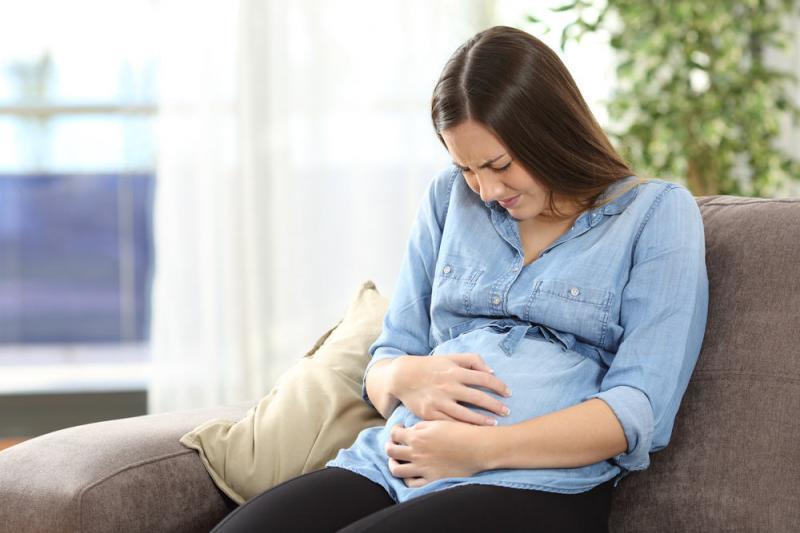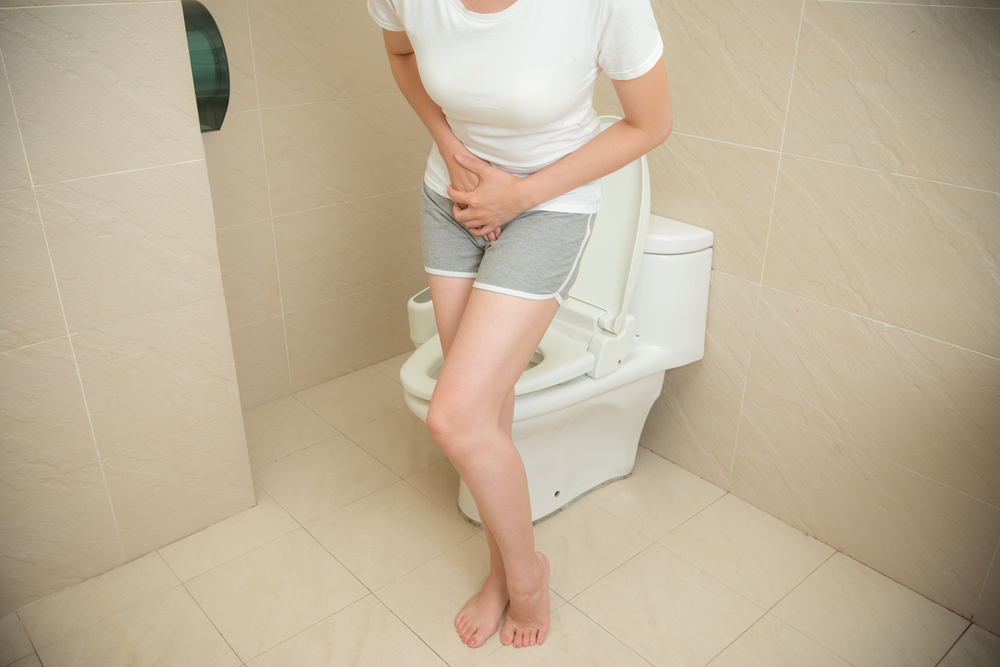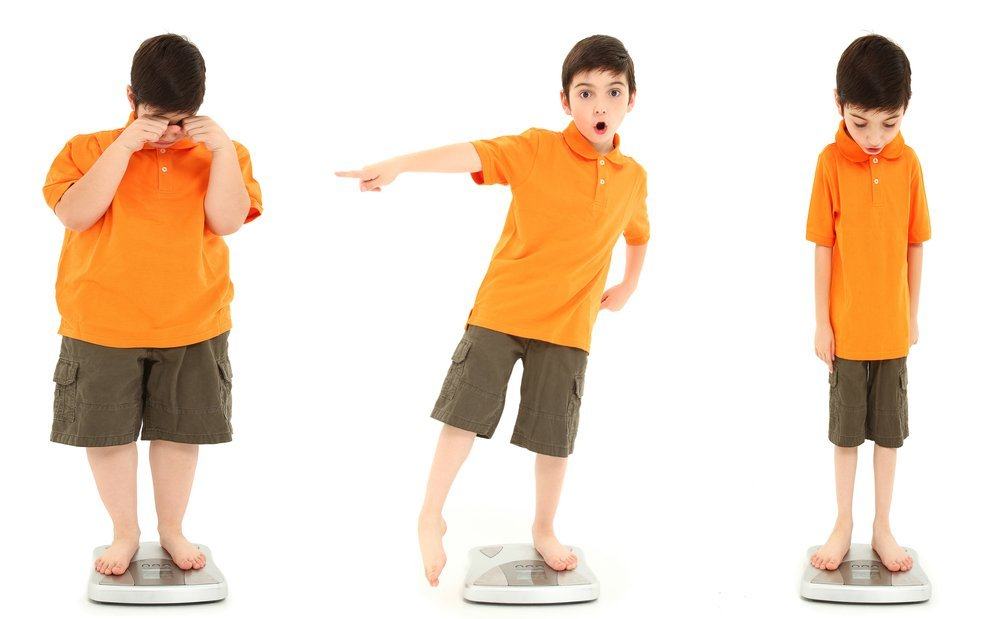Contents:
- Medical Video: The Danger of Pesticides in Fruits and Vegetables to Children and Adults
- Recognize sources of exposure to pesticides that are often unconscious
- What are the dangers of pesticides for children's health?
- 1. Acute exposure
- 2. Long-term exposure
- Tips to reduce exposure to pesticides in children
- 1. Monitor every food ingredient
- 2. Store chemicals in a safe place
- 3. Don't involve children when fertilizing plants
- 4. Change clothes after coming into contact with pesticides
Medical Video: The Danger of Pesticides in Fruits and Vegetables to Children and Adults
Without realizing it, pesticide exposure is all around you. It can be found in contaminated vegetables or fruits or is often used to eradicate plant pests in the garden. As a parent, this needs special attention. Because, exposure to pesticides can endanger the health of children up to two times greater than in adults. So, what are the dangers of pesticides for children's health and how to overcome them? Check out the full review below.
Recognize sources of exposure to pesticides that are often unconscious
If you do not use pesticides in your home environment, it does not mean that you and your family are 100 percent free from exposure to pesticides. Because, there are a number of objects or media that unwittingly become the entrance gate for pesticides in your home environment, including:
- Mosquito, cockroach, rat and other insect repellent products
- Vegetables and fruit contaminated with pesticides
- Pesticides used in schools or playgrounds to clear weeds
- Wood preservatives used in playgrounds in the park, one of which is pentachlorophenol (PCP)
- Clothes or shoes exposed to pesticides from the outside environment
Pesticide exposure in children begins when children often put their hands on their faces or put their hands in their mouths. In fact, they may have just crawled on the floor, played on the grass, or played in the park which probably contains a lot of pesticides. Because there are so many sources of pesticides in the surrounding environment, the amount of exposure will continue to grow rapidly.
Symptoms of pesticides are almost similar to flu symptoms, namely headache, weakness, muscle pain, shortness of breath, eyes feel like burning, and skin rashes. If the child starts showing these symptoms, contact your doctor immediately for further treatment.
What are the dangers of pesticides for children's health?
According to the American Academy of Pediatrics (AAP), the danger of pesticides is getting worse if the child has been exposed since the early cycle of life, that is, when he is still in fetal condition. Women who are often exposed to pesticides during pregnancy can increase the risk of birth defects, low birth weight (LBW), to death in the fetus.
Compared to adults, children are more susceptible to exposure to pesticides. Because the various systems of children's organs such as the nervous system, digestive system and immune system are still in the development stage. This is what causes the child's body still not able to detoxify and remove various pollutants as well as adults.
In addition, children breathe twice as much as adults so that the amount of pollutants inhaled becomes twice as large. So it is not surprising that children are far more vulnerable to the dangers of pesticides.
To find out the dangers of pesticides in children can be seen from two categories of exposure, namely acute exposure and long-term exposure. Both of these categories provide different levels of severity for children's health. Let's peel one by one.
1. Acute exposure
Acute exposure, namely exposure to pesticides in large quantities in a fairly short time. For example, a child sits in the room while spraying. That is, children are exposed to large amounts of pesticides in a short time. This can cause short-term health problems, including:
- Headache
- Muscle ache
- Weakness
- Tingling sensation
- Nausea
2. Long-term exposure
Exposure that is exposure to pesticides that occur gradually over a period of time. This accumulation of exposure causes health problems that are more severe than acute exposure, including:
- Birth defects
- Learning difficulties in children
- Changes in behavior
- Asthma symptoms
- Organ damage
- Triggers cancer, including leukemia, breast cancer, and brain tumors
Tips to reduce exposure to pesticides in children
1. Monitor every food ingredient
Food ingredients such as fruits and vegetables are one source of pesticides in the home. Be sure to wash fruits and vegetables with running water to clean to reduce the remaining pesticides that stick to the surface.
2. Store chemicals in a safe place
Keep products containing pesticides out of reach of children such as mosquito repellents, weed cleaners, or pet-specific products. Store in a special cupboard that is not adjacent to a place to store food.
3. Don't involve children when fertilizing plants
Children should not participate when providing fertilizer to avoid exposure to pesticides. Keep children from the garden or plants given chemical fertilizers for up to 24 hours. Only after that children are allowed to go back to playing in the park more safely.
When you are gardening, you should also use gloves. After gardening, wash your hands immediately with soap and running water to clean up the remnants of pesticides from fertilizers or cleaning products.
4. Change clothes after coming into contact with pesticides
After you use pesticides outside your home, make sure not to carry the remnants of their exposure into the house. Therefore, replace clothes and footwear first before entering the house to protect the family from the dangers of pesticides.












